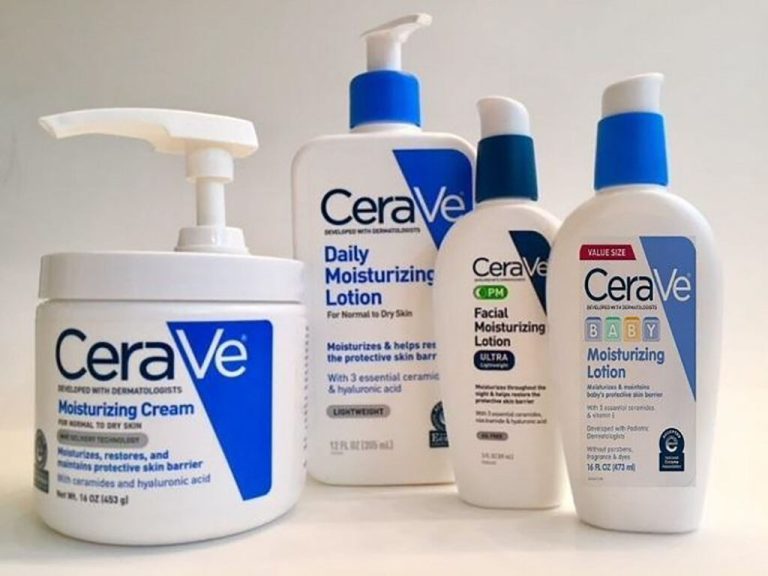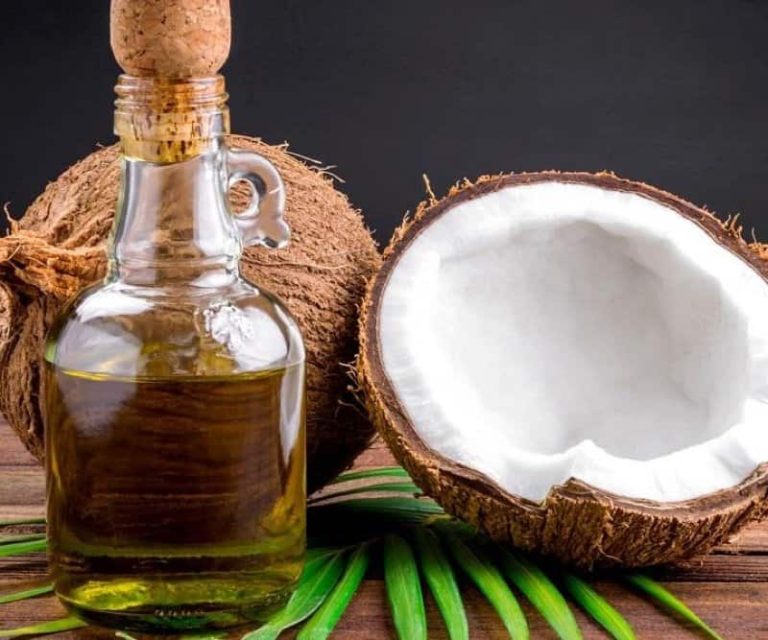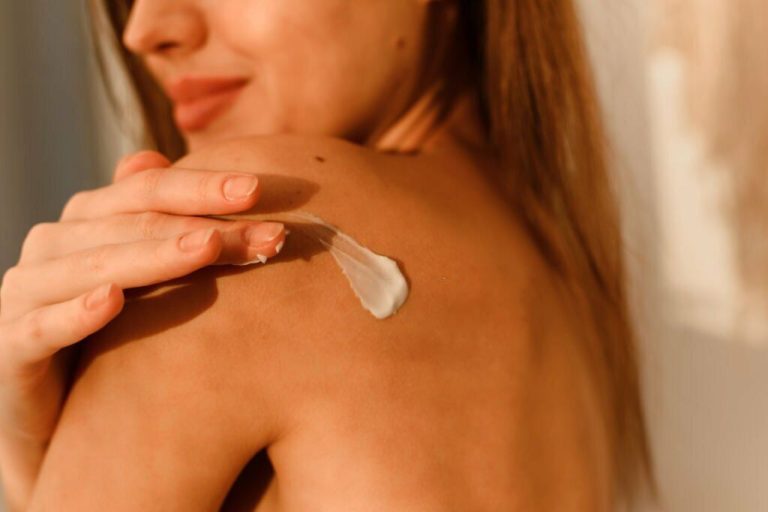Does Shea Butter Expire? How To Identify?
Shea butter has become a popular ingredient in skincare and haircare products. This rich, creamy butter is extracted from the nut of the African shea tree. With its high concentration of vitamins and fatty acids, shea butter offers many benefits for the skin and hair.
But like any natural product, shea butter has a shelf life. So does shea butter expire? How can you tell if your shea butter has gone bad? And what’s the best way to store shea butter to extend its shelf life?
I’ll answer all these questions in this article. I’ll also share tips on identifying quality shea butter, using expired shea butter, and prolonging its freshness.
What is Shea Butter?
Contents
- What is Shea Butter?
- The Difference Between Spoilage and Expiration
- How Long Does Unrefined vs Refined Shea Butter Last?
- How To Tell If Shea Butter Has Spoiled
- The Magic of Shea Butter for Skin
- What Are the Health Benefits of Shea Butter?
- How Does Shea Butter Benefit Your Skin?
- Uses of Shea Butter
- DIY Shea Butter Beauty Recipes
- DIY Shea Butter Recipes for Skin & Hair
- How To Choose High-Quality Shea Butter
- Can You Still Use Shea Butter After It Expires?
- 5 Tips To Extend The Shelf Life of Shea Butter
- Conclusion
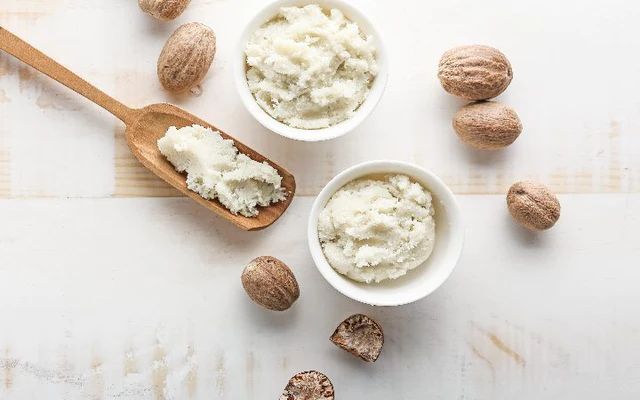
Shea butter comes from the nuts of the shea tree, which is native to West Africa. After crushing and boiling the nuts, the released fat is filtered and cooled to produce pure shea butter.
Shea butter has been used for centuries in Africa for its moisturizing and healing properties. Today, it’s an incredibly popular ingredient around the world in all kinds of skincare products.
Unrefined shea butter maintains its natural color and rich nutty aroma. Refined shea butter has been processed to remove impurities and odor. It has a lighter color and neutral scent.
The Difference Between Spoilage and Expiration
Before discussing if shea butter expires, it’s important to understand the difference between spoilage and expiration:
- Spoilage means the product has gone rancid or rotten due to contamination. Spoiled shea butter is unsafe to use.
- Expiration refers to the point where the product is past its prime freshness and starts deteriorating in quality. Expired shea butter may be unpleasant to use but isn’t necessarily unsafe.
Many factors influence how long shea butter stays fresh and when it will expire:
- Storage temperature – Heat accelerates spoilage. Shea butter lasts longer when stored somewhere cool.
- Packaging – Opaque, airtight containers prevent light and oxygen exposure. This slows oxidation and rancidity.
- Processing – Refining methods help prevent contamination but reduce natural properties.
- Shelf time – Freshness declines over time after production. Newer batches will last longer.
Proper handling and storage makes a big difference in extending the shelf life of shea butter.
How Long Does Unrefined vs Refined Shea Butter Last?
Unrefined shea butter has a shorter shelf life but is more nutrient-rich:
- Oxidation – Unrefined shea is vulnerable to oxidation and nutritive breakdown over time.
- Scent and color – The natural tan color and signature scent fade as expiration nears.
Refined shea butter has a neutrally light color and mild scent. Without many natural oils, it resist spoilage longer but lacks nutrition:
- Nutrients – Refining strips away antioxidants like vitamins A and E.
- Odor and aroma – The signature nutty scent of shea is removed through processing.
How To Tell If Shea Butter Has Spoiled
To identify spoiled shea butter, inspect it closely and rely on your senses:
Smell Test
Sniff the shea butter. Fresh, high-quality shea butter has little to no scent. If it smells unpleasant, rancid, or off-putting, it has likely spoiled.
Texture Test
The texture of fresh shea butter should be creamy and smooth. Signs of spoilage include:
- Graininess or grittiness
- Hardness or crumbliness
- Watery oiliness
However, refined shea butter can develop harmless graininess over time as components settle.
Trust your senses – if it looks, feels, or smells off, the shea butter has probably gone bad. Properly stored, high-quality shea butter can last 1-2 years.
The Magic of Shea Butter for Skin
In Africa, shea butter has been revered for centuries as a skin superfood. Science now shows that unrefined shea butter contains:
- Vitamin A – Soothes skin and boosts collagen production.
- Vitamin E – Reduces inflammation and aids in cellular regeneration.
- Vitamin F – Calms sensitive skin and balance sebum production.
- Essential Fatty Acids – Deeply moisturize while allowing skin to breathe.
No wonder shea butter is often called “women’s gold” in Africa. When properly sourced and stored, shea butter can do wonders for your skin long after expiration.
What Are the Health Benefits of Shea Butter?
Beyond skincare, shea butter offers many health benefits thanks to its nutritional content:
- Vitamin A – This antioxidant fights free radicals to support immunity.
- Vitamin E – It provides anti-inflammatory effects to speed healing.
- Vitamin F – This vital fat helps lower LDL cholesterol and improve cardiovascular health.
Refined shea butter loses many of these key vitamins. For optimal nutrition, choose raw unrefined shea butter.
How Does Shea Butter Benefit Your Skin?
The vitamins and fatty acids in shea butter make it an amazing moisturizer:
- Deep hydration – Shea butter seals moisture into the skin without clogging pores.
- Anti-aging properties – It improves skin elasticity and protects against environmental damage.
- Soothes irritation – The emollient properties reduce redness and soothe dry, irritated skin.
Shea butter melts at body temperature, allowing it to absorb easily into the skin. Look for shea butter in skincare products or use it directly on your skin.
Uses of Shea Butter
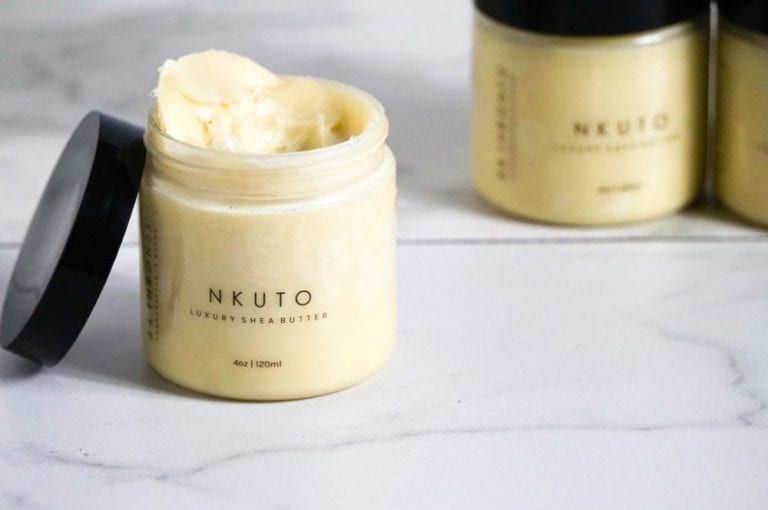
From skincare to haircare to cooking, shea butter offers endless versatility:
Skincare
- Lotions, creams, balms, ointments, cleansers, and oils
- Night creams, eye creams, lip treatments
- Makeup primers and foundations
- Baby care products like diaper rash ointments
Haircare
- Conditioners, masks, shampoos, and serums
- Protective products from harsh weather
- Treatments for dry scalp and damaged hair
Cooking
- Substitute for butter, oils, or lard in recipes
- Use in breads, pastries, cookies, cakes, etc.
- Provides creaminess and richness
Explore creative ways to use shea’s hydrating and soothing benefits. Even if it’s expired, shea butter still works great for DIY recipes.
DIY Shea Butter Beauty Recipes
With just a few simple ingredients, you can whip up custom shea butter creams, balms, scrubs, and masks:
Body Butter
- Melt shea butter over low heat and let cool slightly
- Add a lightweight oil like sweet almond oil
- Whip until creamy, airy, and fluffy
Lip Balm
- Melt shea butter with beeswax and coconut oil
- Add optional essential oils for scent
- Pour into small containers and let harden
DIY shea butter products allow you to control the quality of ingredients. You can customize them to your skin’s needs.
DIY Shea Butter Recipes for Skin & Hair
These simple shea butter recipes provide spa-like treatments:
Facial Scrub
- Combine shea butter, brown sugar, and a little water
- Gently massage onto face for exfoliation
Body Scrub
- Mix shea butter with sugar, oils, and vitamin E
- Massage onto damp skin in circular motions
Hair Mask
- Melt shea butter and coconut oil together
- Work through damp hair and leave on for 10 minutes
- Rinse out for ultra-hydration
With just shea butter and basic ingredients, you can make luxe skincare and haircare products at home.
How To Choose High-Quality Shea Butter
With so many shea butter products available, it can get confusing. Here are tips for identifying quality:
- Check the ingredients list – it should contain only 100% pure shea butter.
- Avoid added fragrances or preservatives which can irritate skin.
- High-quality shea butter is sourced from Africa. Look for fair trade brands.
- Color ranges from ivory to tan depending on processing methods.
- Texture should be smooth and creamy – not grainy or separated.
- Scent will vary. Raw shea has a signature nutty aroma.
Opt for organic, unrefined shea butter for the most natural product with the highest nutrient content.
Can You Still Use Shea Butter After It Expires?
Ideally, shea butter should be used by the expiration date for full potency. But shea butter typically goes rancid long before it loses all its beneficial properties.
While expired shea butter may not offer full vitamin content, it can still provide:
- Moisturizing properties – The fatty acids don’t disappear.
- Smoothing texture – It still spreads nicely on skin and hair.
So while expired shea butter may not be ideal, it can still be used for moisturizing dry skin and hair. Simply do a smell test and make sure it hasn’t spoiled.
5 Tips To Extend The Shelf Life of Shea Butter
Here are my top tips for keeping shea butter fresh for as long as possible:
- Store in a cool, dark place away from heat and sunlight. UV-protective jars help prevent oxidation.
- Avoid contaminating shea butter with dirty hands, moisture, or foreign objects. Keep it sealed when not in use.
- Keep shea butter in its original packaging. Don’t transfer to containers that may react with the ingredients.
- Check manufacturing and expiration dates. Buy from reputable sources for accountability.
- Never put wet hands into shea butter. Only scoop out what you need then reseal immediately.
Following proper storage methods and handling will keep shea butter stable for over a year past its expiration date.
Conclusion
While shea butter does eventually expire, its shelf life can be extended through ideal storage conditions and careful handling. Certain signs of spoilage like unpleasant odors mean shea butter has gone rancid and should be discarded. But shea butter that has simply expired can still be usable.
To get the most benefits from shea butter, look for high-quality raw and unrefined varieties. Store it properly in an opaque airtight container in a cool location away from heat and light. Shea butter’s versatility and nourishing properties make it a fabulous pantry staple. With optimal storage and handling, shea butter can better withstand the passage of time.

Founded by Sophia Rodriguez, IGXO Cosmetics is a PETA-certified, cruelty-free, and vegan makeup brand.

